#Armin Meier
Text
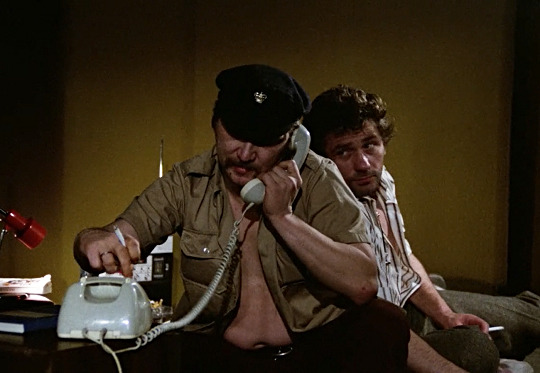
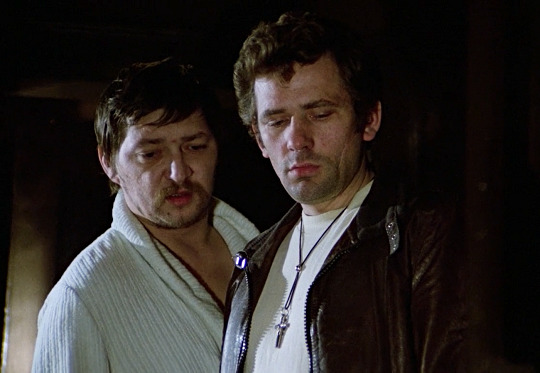
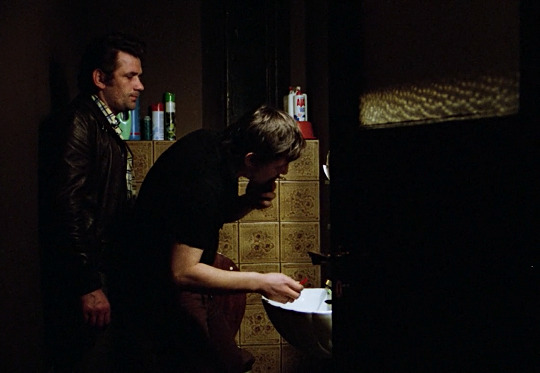
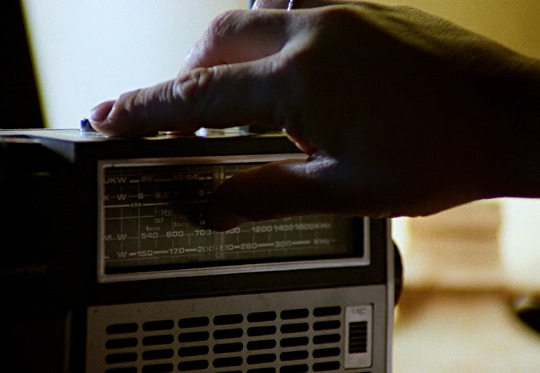
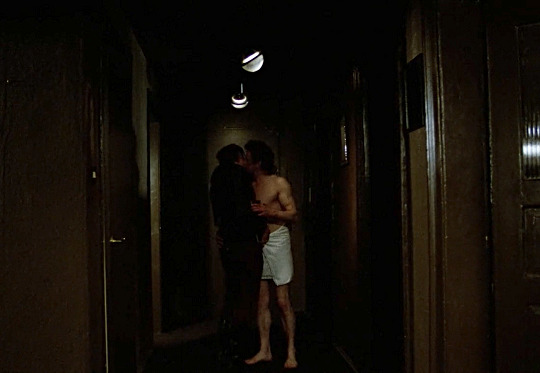
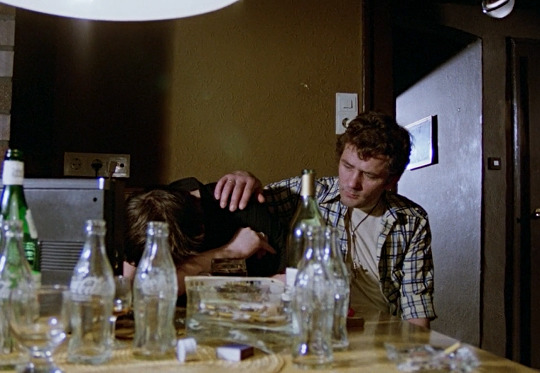
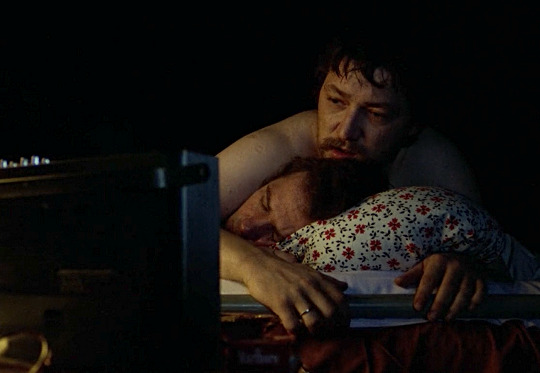
Deutschland im Herbst (1978) // dir. Rainer Werner Fassbinder
#Rainer Werner Fassbinder#Armin Meier#Deutschland im Herbst#Germany in Autumn#my caps#my edits#*germanyinautumn
257 notes
·
View notes
Photo
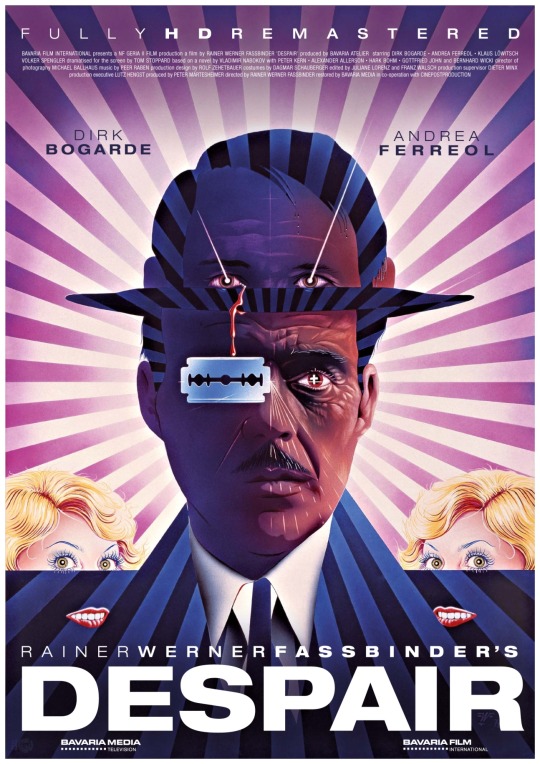
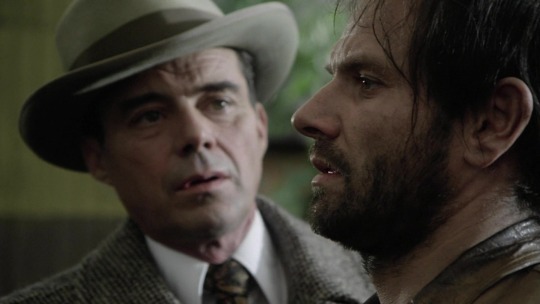


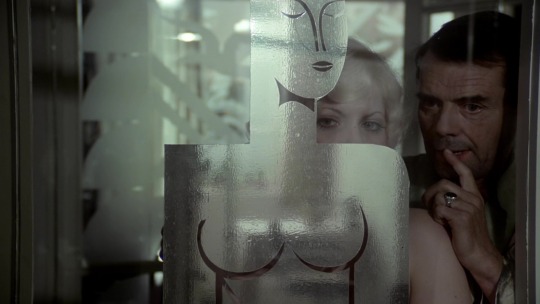

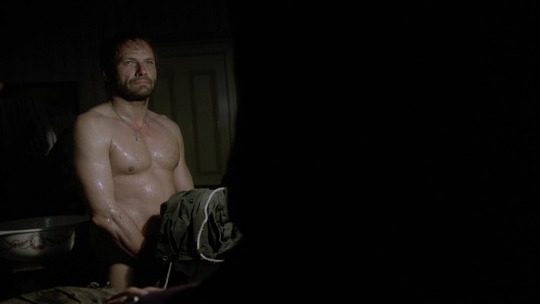
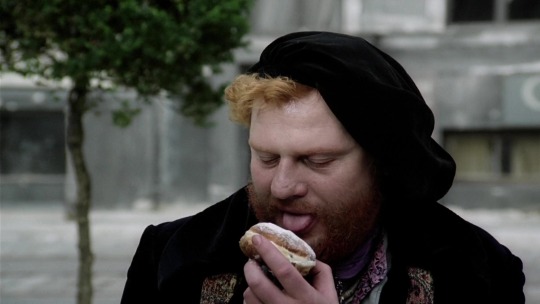

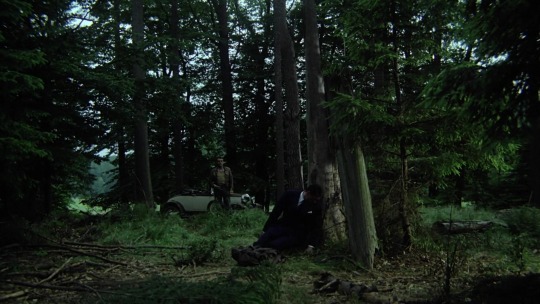
Despair (1978, Rainer Werner Fassbinder)
3/7/23
#Despair#Rainer Werner Fassbinder#Dirk Bogarde#Andrea Ferreol#Klaus Lowitsch#Volker Spengler#Armin Meier#Peter Kern#Adrian Hoven#Ingrid Caven#70s#German#European Art House#book adaptation#Vladimir Nabokov#Tom Stoppard#Weimar Republic#Germany#Berlin#chocolate#doppelganger#insurance#fraud#murder#faked death#Jewish#immigrants#antisemitism#nazis#identity swap
8 notes
·
View notes
Text
IN A YEAR OF THIRTEEN MOONS/ in einem Jahr mit 13 Monden (Rainer Werner Fassbinder, West Germany, 1978)
Watching IN A YEAR OF THIREEN MOONS has proven an overwhelming experience, one that’s resulted in trouble keeping within the terms of the exercise I’ve set for myself, which is to see a Fassbinder film in the evening, and then take no more than half an hour to write about it the morning after, with maybe another hour or so gathering or making the clips and images necessary to illustrate whatever…
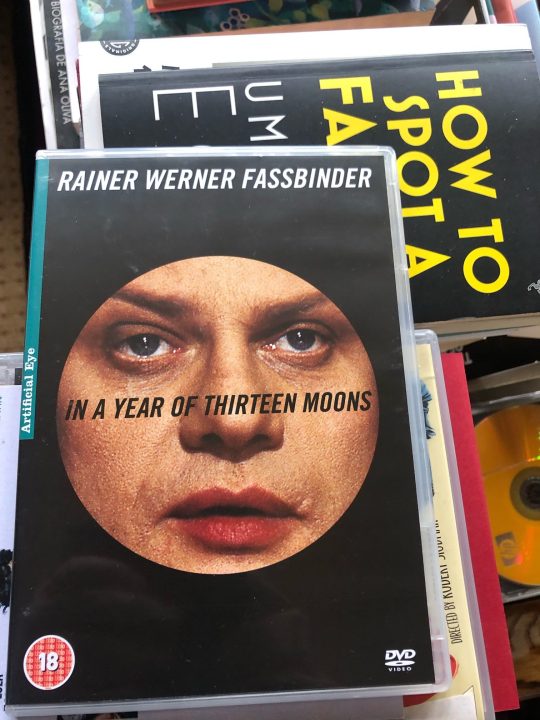
View On WordPress
#Armin Meier#In a Year of Thirteen Moons#in einem Jahr mit 13 Monden#Ingrid Caven#Rainer Werner Fassbinder#Trans#Volker Spengler
1 note
·
View note
Photo

Texas coral snake (Micrurus tener) in Texas, U.S.
Armin Meier
634 notes
·
View notes
Photo

Brigitte Mira and Gottfried John in Mother Küsters Goes to Heaven (Rainer Werner Fassbinder, 1975)
Cast: Brigitte Mira, Ingrid Caven, Karlheinz Böhm, Margit Carstensen, Irm Hermann, Gottfried John, Armin Meier, Matthias Fuchs, Peter Kern, Kurt Raab. Screenplay: Rainer Werner Fassbinder, Kurt Raab, based on a story by Heinrich Zille. Cinematography: Michael Ballhaus. Production design: Kurt Raab. Music: Peer Raben.
It's a too-familiar story in the United States: A disgruntled employee attacks his place of work and then kills himself. It may have had a more ripped-from-the-headlines feeling in West Germany during the recessionary times of the 1970s, which is my way of saying that Mother Küsters Goes to Heaven feels a little more stuck in time and place than Rainer Werner Fassbinder's films usually do. The setup is familiar: A man goes berserk at his workplace and commits suicide, leaving his family to face the aftermath. The follow-through is predictable: People -- tabloid reporters and politicians -- flock to milk what they can from the family's pain. But Fassbinder being the satirist that he was couldn't simply play the story for conventional domestic drama. He treats the family from the outset with a sardonic tone: The soon-to-be widow (Brigitte Mira) does piecework, assembling electric sockets on her kitchen table, as her son and his wife squabble over their coming vacation. Helene (Irm Hermann), Emma Küsters's pregnant daughter-in-law, is given to putting on airs about healthy living, preparing salads for dinner when Emma's husband and son want meat. Ernst (Armin Meier), the son, works as a butcher, but he is so under his wife's thumb that he submits to her every wish, including a vacation in Finland when he would really prefer to go somewhere warmer. When news comes of the crime committed by Herr Küsters, we meet the daughter, Corinna (Ingrid Caven), who fancies herself a singer, but really is just sleeping with the owner of the bar where she works. When the whole family gathers, the reporters flock to get the dirt, which is immediately swept up by Niemeyer (Gottfried John), a writer and photographer, who starts sleeping with Corinna. In the background, their initial presence never quite explained, are a well-dressed couple, the Thälmanns (Karlheinz Böhm, Margit Carstensen), who turn out to be members of the Communist Party, eager to find a recruit in Frau Küsters, who becomes "Mother Küsters" for them. And so the unsavory game of exploitation begins. The problem comes when the film has to end: Fassbinder provided two endings, in both of which Mother Küsters becomes a pawn in a game between the Communists, who are really just bourgeois radical-chic types, more interested in election victories than revolution, and the anarchists, who want headline-grabbing action. But one ending, the one shown in Germany and Europe, culminates in the death of Mother Küsters -- though the bloodshed isn't acted out, but just narrated in end titles. In the other ending, shown only in the United States, the action, a sit-in in the offices of the newsmagazine for which Niemeyer works, fizzles out because nobody really cares that much. Mother Küsters goes home with a janitor who has to close up the place and invites her to join him in a dinner of "Himmel und Erde" -- apples and potatoes with blood sausage. Both endings make the point, the first by refusing to dramatize the outcome of the protest, the second more directly: There's no real political conviction anymore. I rather like that both endings are available together now, not only because they reinforce one another nicely, but also because there is nothing definitive to be said about the plight of Mother Küsters in a post-ideological context. Fassbinder, that great admirer of Douglas Sirk, seems to be saying that life itself has been reduced to melodrama, and the choice of a bloody ending or a happy one is completely arbitrary.
1 note
·
View note
Photo
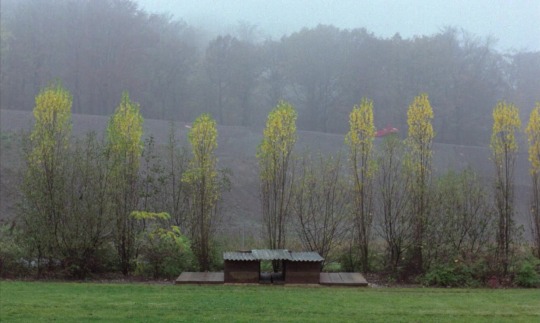
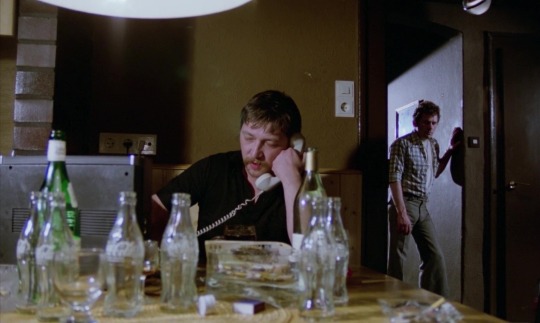
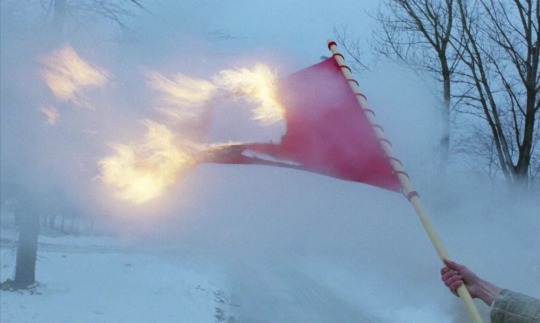
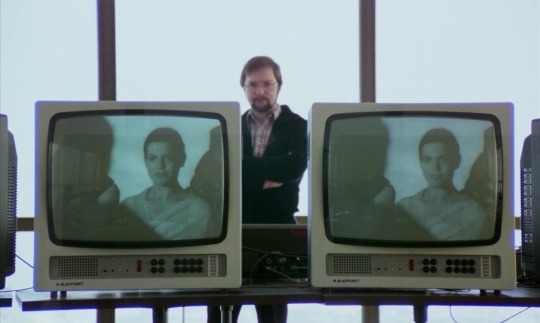
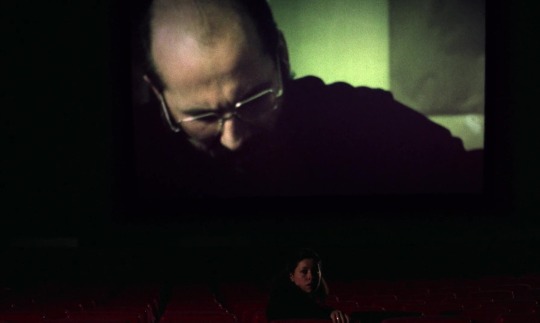
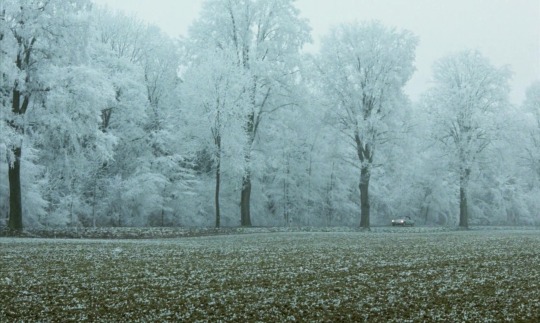
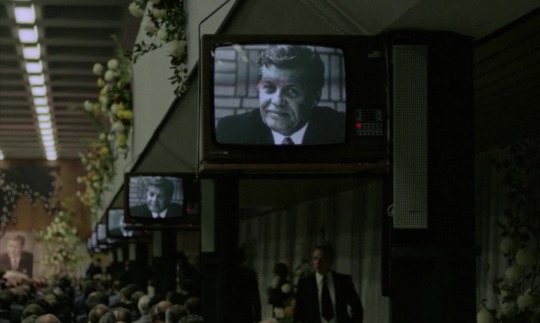

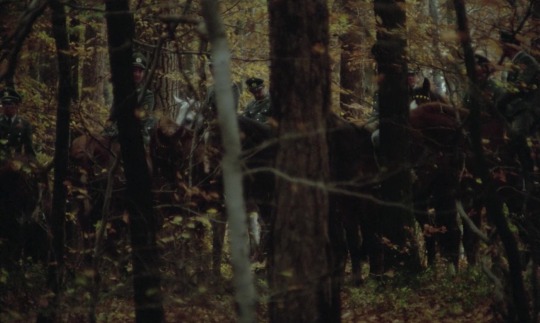

Deutschland im Herbst (Germany in Autumn) | Various | 1978
#Deutschland im Herbst#Germany in Autumn#1978#Rainer Werner Fassbinder#Fassbinder#Katja Rupé#Alf Brustellin#Hans Peter Cloos#Alexander Kluge#Maximiliane Mainka#Edgar Reitz#Volker Schlöndorff#Peter Schubert#Bernhard Sinkel#RWF Project#Franziska Walser#Armin Meier#Hannelore Hoger
77 notes
·
View notes
Photo
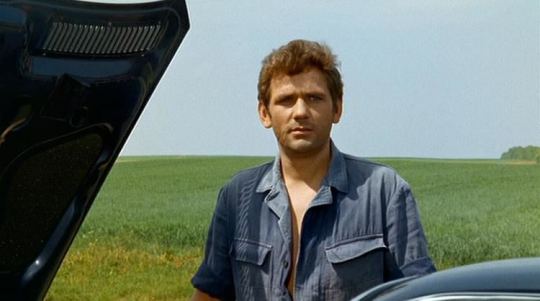
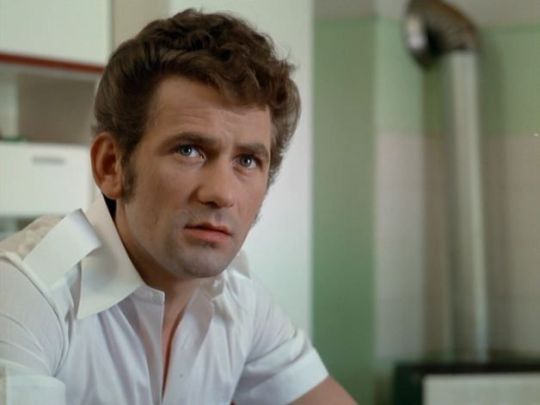
8 notes
·
View notes
Photo

Satan’s Brew
directed by Rainer Werner Fassbinder, 1976
#Satan's Brew#Satansbraten#Rainer Werner Fassbinder#R.W. Fassbinder#movie mosaics#Kurt Raab#Armin Meier#Marquard Bohm#Margit Carstensen#Volker Spengler#Y Sa Lo#Ulli Lommel
3 notes
·
View notes
Photo
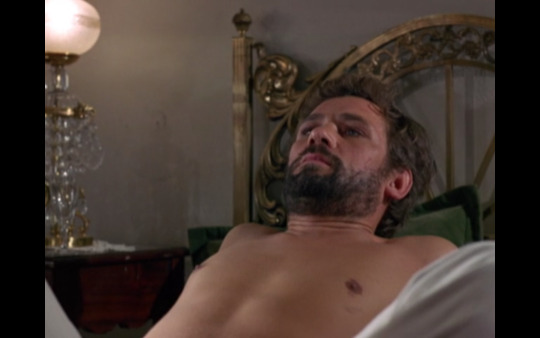
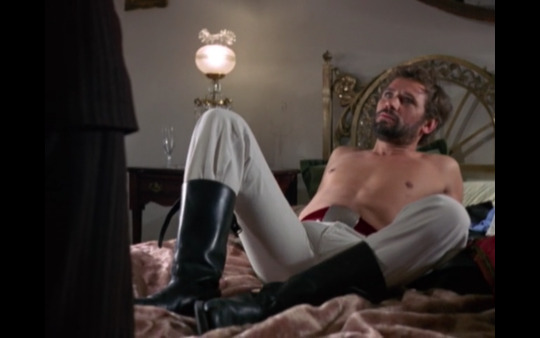
Satansbraten | dir. Rainer Werner Fassbinder (1976)
8 notes
·
View notes
Photo
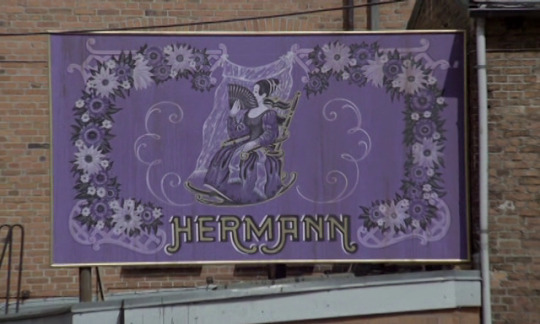
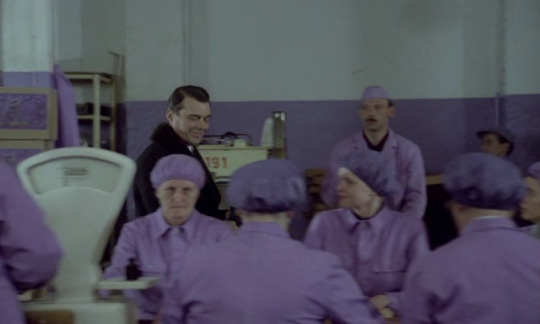
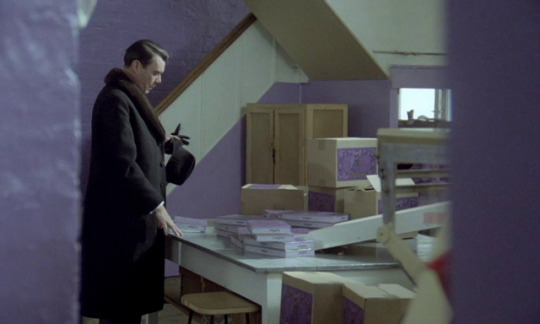
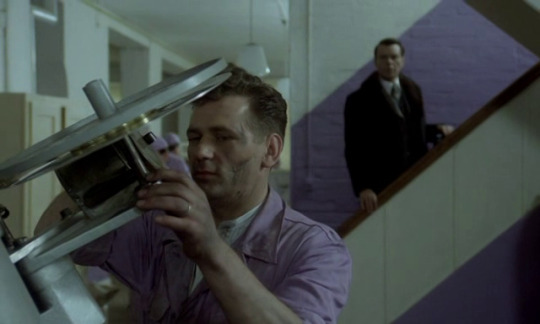
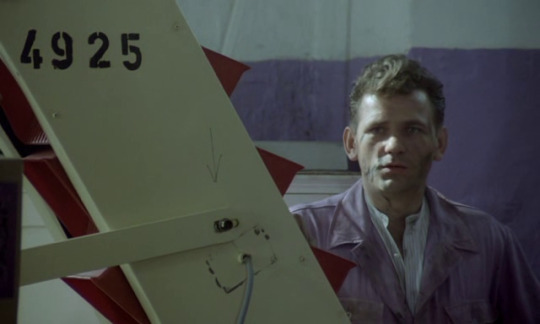
Rainer Werner Fassbinder, {1978} Despair
#film#rainer werner fassbinder#despair#dirk bogarde#armin meier#1978#violet#colour#west germany#feature length#france#male filmmakers#films#1970s
23 notes
·
View notes
Text
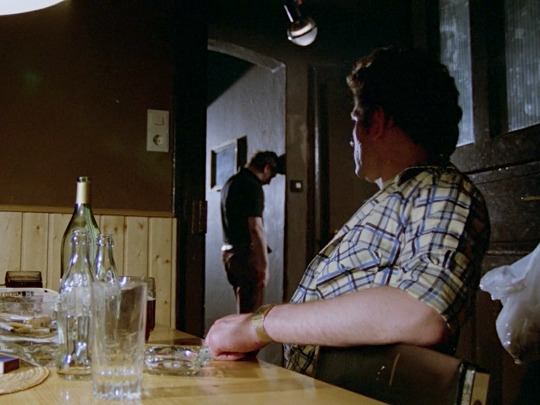
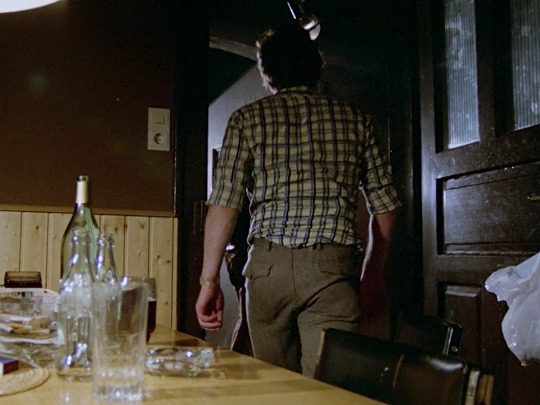
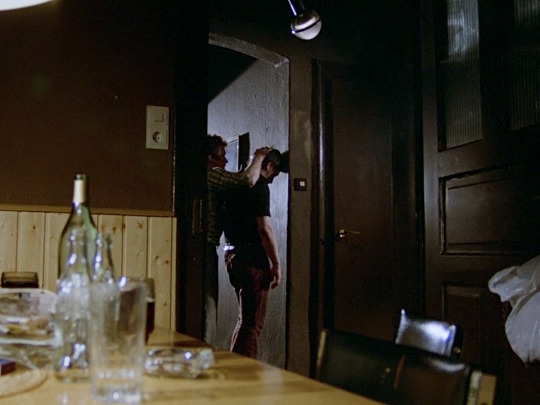
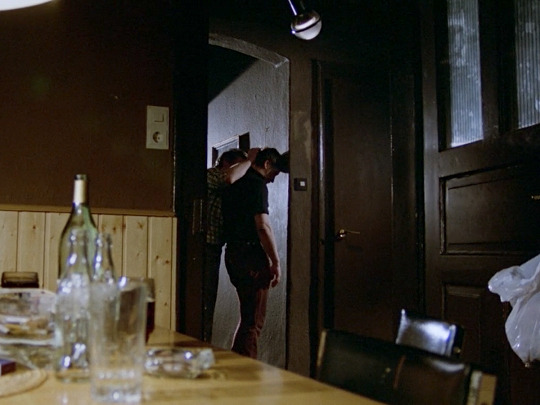
Deutschland im Herbst (1978) // dir. Rainer Werner Fassbinder
#Rainer Werner Fassbinder#Armin Meier#Deutschland im Herbst#Germany in Autumn#my caps#my edits#*germanyinautumn
134 notes
·
View notes
Photo
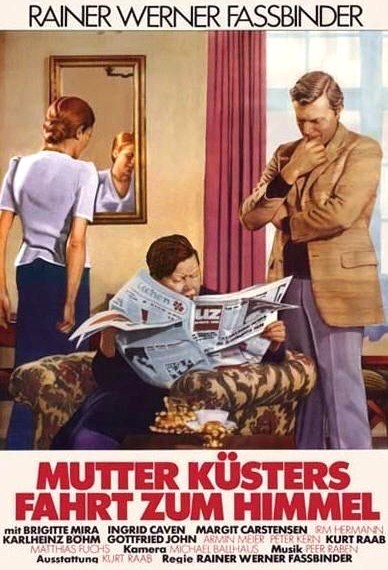
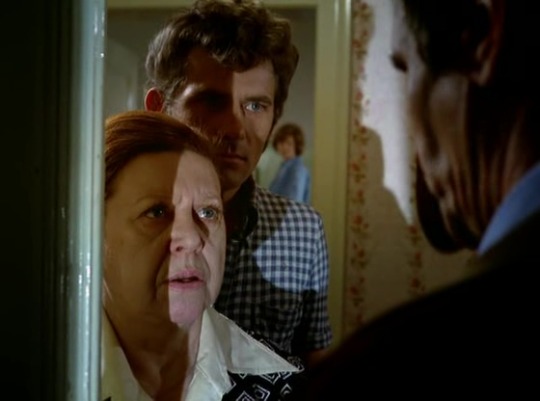
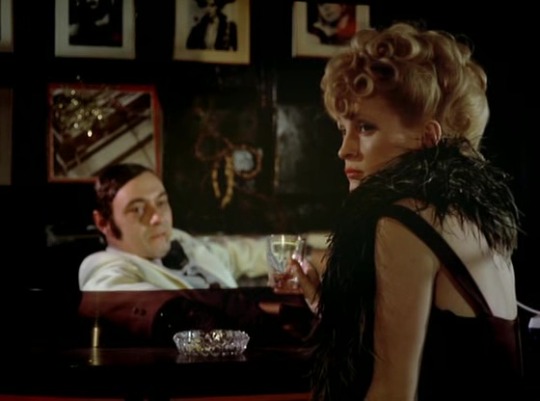
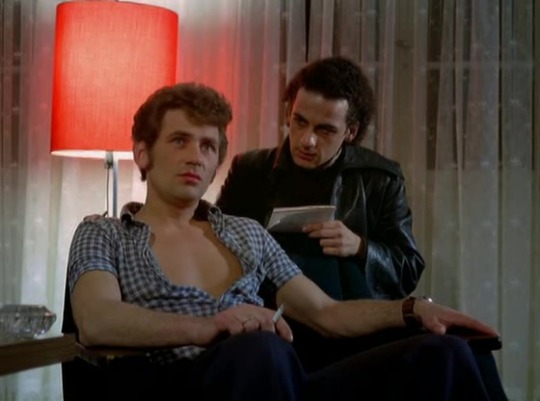
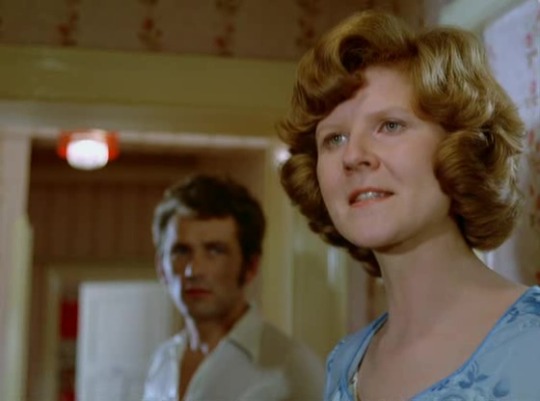
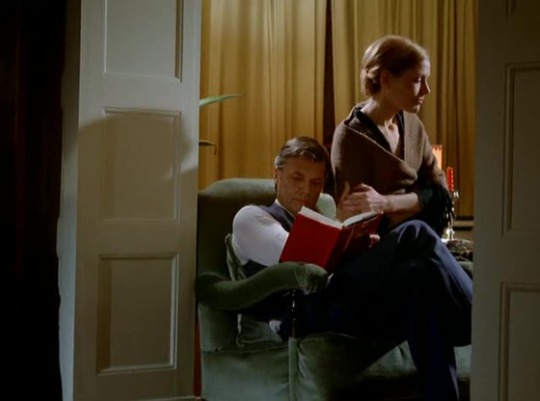
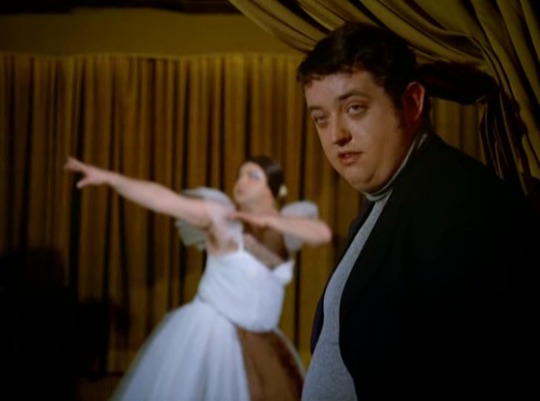
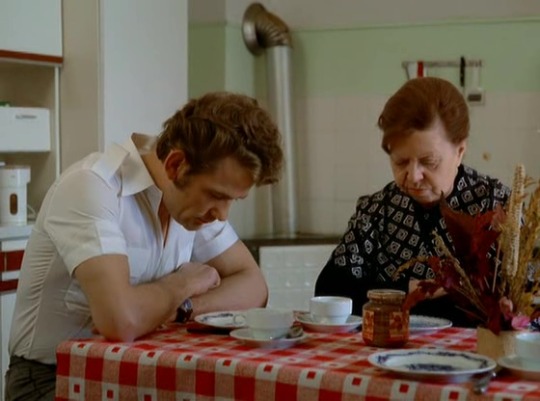
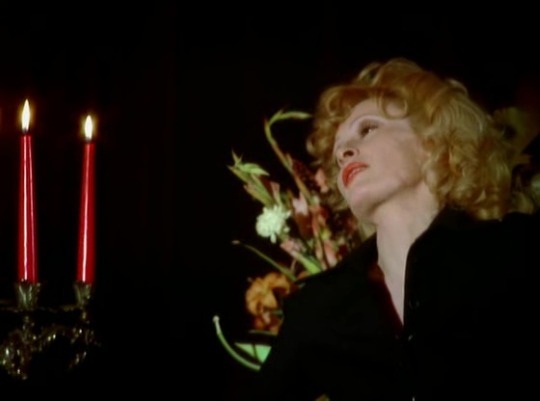
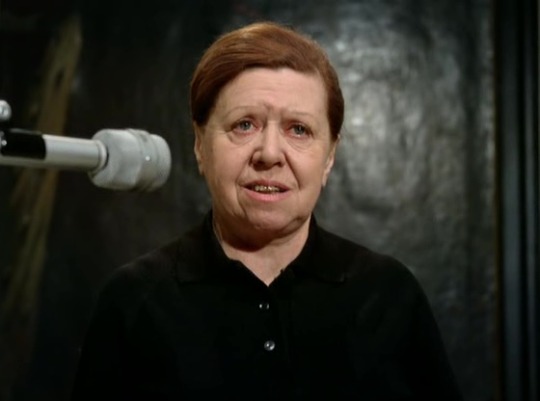
Mother Küsters Goes to Heaven / Mutter Küsters' Fahrt zum Himmel (1975, Rainer Werner Fassbinder)
5/11/19
#70s#Mother Kusters Goes to Heaven#Rainer Werner Fassbinder#Brigitte Mira#Ingrid Caven#Margit Carstensen#Irm Hermann#Karlheinz Bohm#Gottfried John#Armin Meier#Peter Kern#Kurt Raab#drama#German#New German Cinema#housewives#widows#suicide#murder#journalism#grief#tabloids#working class#communism#class differences#dysfunctional family#in-laws#singers#cabaret#anarchists
3 notes
·
View notes
Text
The FASSBINDER EPISODE in the portmanteau film GERMANY IN AUTUMN/ DEAUTCHSLAND IM HERBST.
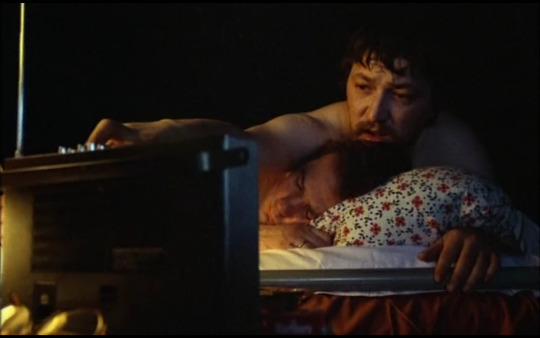
View On WordPress
#Armin Meier#auto fiction#autobiography#Fassbinder#Germany in Autumn#Marriage#queer relationships#Rainer Werner Fassbinder
0 notes
Text
#mother küsters goes to heaven#film#review#criterion channel#rainer werner fassbinder#brigitte mira#ingrid caven#armin meier#irm hermann#karlheinz böhm#margit carstensen#gottfried john#matthias fuchs
0 notes
Photo
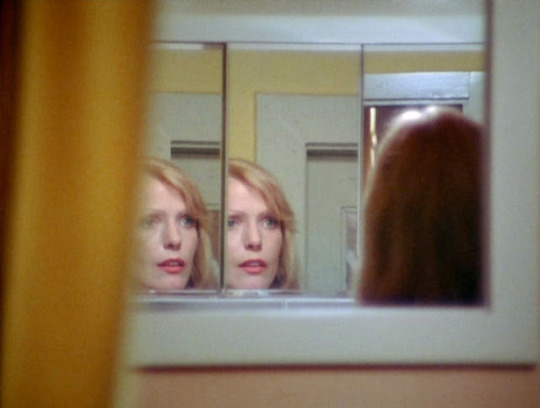
Margit Carstensen in Fear of Fear (Rainer Werner Fassbinder, 1975)
Cast: Margit Carstensen, Ulrich Faulhaber, Brigitte Mira, Irm Hermann, Armin Meier, Adrian Hoven, Kurt Raab. Screenplay: Rainer Werner Fassbinder. Cinematography: Jürgen Jürges. Design director: Kurt Raab. Music: Peer Raben.
As the title of Rainer Werner Fassbinder's film suggests, the protagonist, Margot (Margit Carstensen), is stuck in a kind of emotional feedback loop: Her anxiety is exacerbated by the fear that she'll have another anxiety attack. Fear of Fear, made for German television, is not an entirely satisfactory portrait of the problem: Fassbinder loads too much against Margot. Beautiful, model-thin, she's married to a loving but homely schlub (Ulrich Faulhaber), who is so preoccupied with passing an examination that he tends to shut her out. Moreover, they live in the same house as her mother-in-law (Brigitte Mira), a homely woman who resents Margot's beauty, and constantly berates her for laziness, for neglecting her children, for not cooking wholesome meals for her family, and the criticism is only echoed by Margot's sister-in-law, Lore (Irm Hermann). Mira and Hermann bring these Dickensian harpies to full life, but the element of caricature in the conception of the roles, though it adds a splash of needed dark humor, tends to undermine one's sense of Margot's plight as a real-world experience. Margot tries to escape from her ills into exercise, but she even gets criticized for swimming too much. So the other avenues of escape follow: Valium, alcohol (she guzzles cognac straight from the bottle), and sex. She begins sleeping with the handsome pharmacist (Adrian Hoven) across the way, partly to thank him for illegally refilling her Valium prescription when she runs out. Naturally, her dalliance is discovered, and Lore's husband, Karli (Armin Meier), even tries to make a move on her. Finally, after being misdiagnosed as schizophrenic, she goes to a mental institution where she's treated for depression. Seemingly cured, she returns home, but the film ends on a doubtful note: After learning that the strange man who stares at her and her daughter on their way home from kindergarten has committed suicide, she once again experiences an anxiety attack, which throughout the film Fassbinder has shown from Margot's point of view as a kind of rippling in the image. Carstensen's performance carries the film, with the help of Fassbinder's shrewd direction, filming scenes through doorways and in mirror frames to suggest Margot's entrapment.
1 note
·
View note
Photo
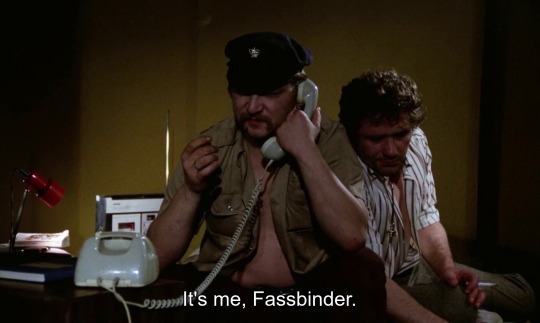
Deutschland im Herbst (Germany in Autumn) | Various | 1978
It’s him, Fassbinder with Armin Meier
#Rainer Werner Fassbinder#Armin Meier#Fassbinder#Deutschland im Herbst#Germany in Autumn#1978#Katja Rupé#Alf Brustellin#Hans Peter Cloos#Alexander Kluge#Maximiliane Mainka#Edgar Reitz#Volker Schlöndorff#Peter Schubert#Bernhard Sinkel#RWF Project
70 notes
·
View notes